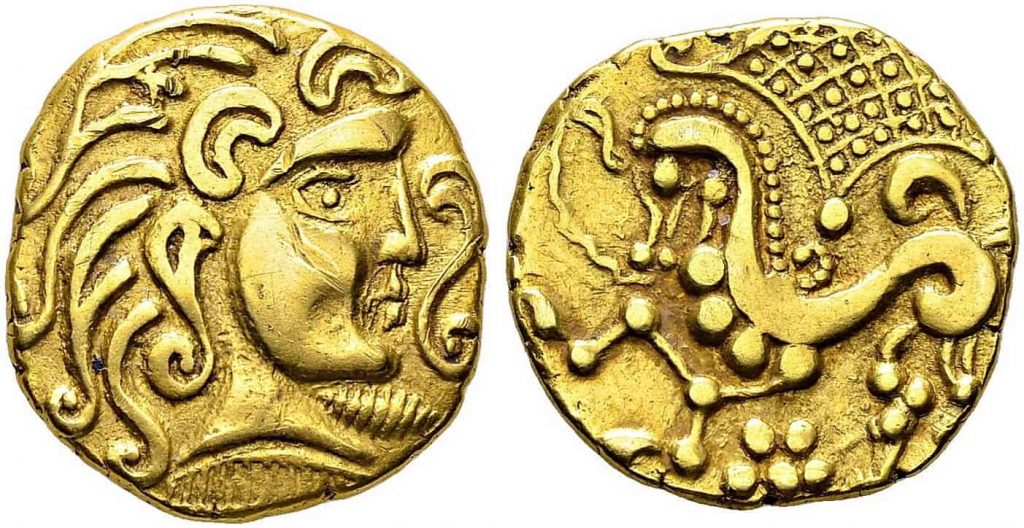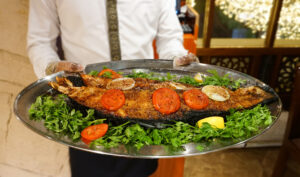I started writing weekly articles about Paris back in the fall of 2018. It’s been two and a half years of telling stories about the history of this city and my continuing adventures as an immigrant in Paris. And it occurred to me over the weekend that for all my talk of Paris, I have yet to explain where the name Paris actually comes from. Well, that ends today, because this week, I’d like to introduce you to the Parisii, the founders of Paris.
The Parisii were a Celtic tribe located in what the Romans later called northern Gaul. There was second tribe in Britain also called the Parisii, but historians are divided as to which group split off from whom, or even if they were ever connected at all. What we do know is that the Parisii of Gaul settled along the banks of the Seine river circa 250 BCE. A large fortress was built in modern day Nanterre, a suburb of Paris, and a military post was built on the Île de la Cité, as this was the easiest place to cross the river. The Parisii also built several bridges for crossing the Seine.
What Exactly is a Parisii?
When it comes to their name, there is some disagreement about what it actually means. Some historians believe that Parisii was derived from parjo, the Celtic word for kettle. This would mean the tribe was referred to as the people of the kettle. Other historians believe the name came from pariso, which means kernel of fruit. But whether named after kettles or fruit, the Parisii were a prosperous tribe. This was mostly owing to their proximity to the Seine. The Île de la Cité was located at the crossroads of several major trading routes, and the Parisii charged travellers for passage both up and down the river and to cross it. Unfortunately, their prosperous life was not to last.
In 57 BCE, the Romans, led by Julius Caesar, invaded Gaul, with the goal of annexing the territory into the Roman Empire. The Parisii responded by joining forces with other Gallic tribes under the leadership of Vercingetorix in order to drive out the invaders. In 52 BCE, the Parisii and the Romans met at a famous battle that became known as the Battle of Lutetia. This battle was fought on the land that is now known as the Champ de Mars in front of the Eiffel Tower. Champ means field, and Mars is the Roman God of war. I’ll give you one guess as to which side won.

Long Live Lutetia
As I’m sure you’ve guessed, the Romans won handily. They decimated the Gallic troops, and as a result, the city came under Roman rule. A brand new settlement was built on the Île de la Cité, and the Parisii were absorbed into the Roman Empire. The new city was called Lutetia, or Lutetia Parisiorum, meaning swamp of the Parisii, but despite housing up to 8,000 inhabitants, Lutetia was not considered important in the eyes of the Romans. It wasn’t until 355 AD, the start of the rule of Julian the Apostate, that Lutetia gained importance once more. In 360, Julian’s soldiers proclaimed him Augustus, and the city was rechristened as Paris in honour of the Parisii. It has held this name ever since.
The Parisii did not rule their domain for a long time. Only a couple of centuries passed between their arrival on the Seine and their conquest by the Romans. But during that time, they made quite an impression. They built settlements and military outposts. They minted coins (pictured above). And they established trade routes up and down the river that lasted for millennia. But most importantly, they gave Paris its name. It is a name that is famous the world over, meaning that the Parisii will never be forgotten.
Laura Moore is a professional storyteller who loves history and the many stories that make Paris one of the most fascinating cities in the world. Join one of her signature tours to learn the story of a city.



